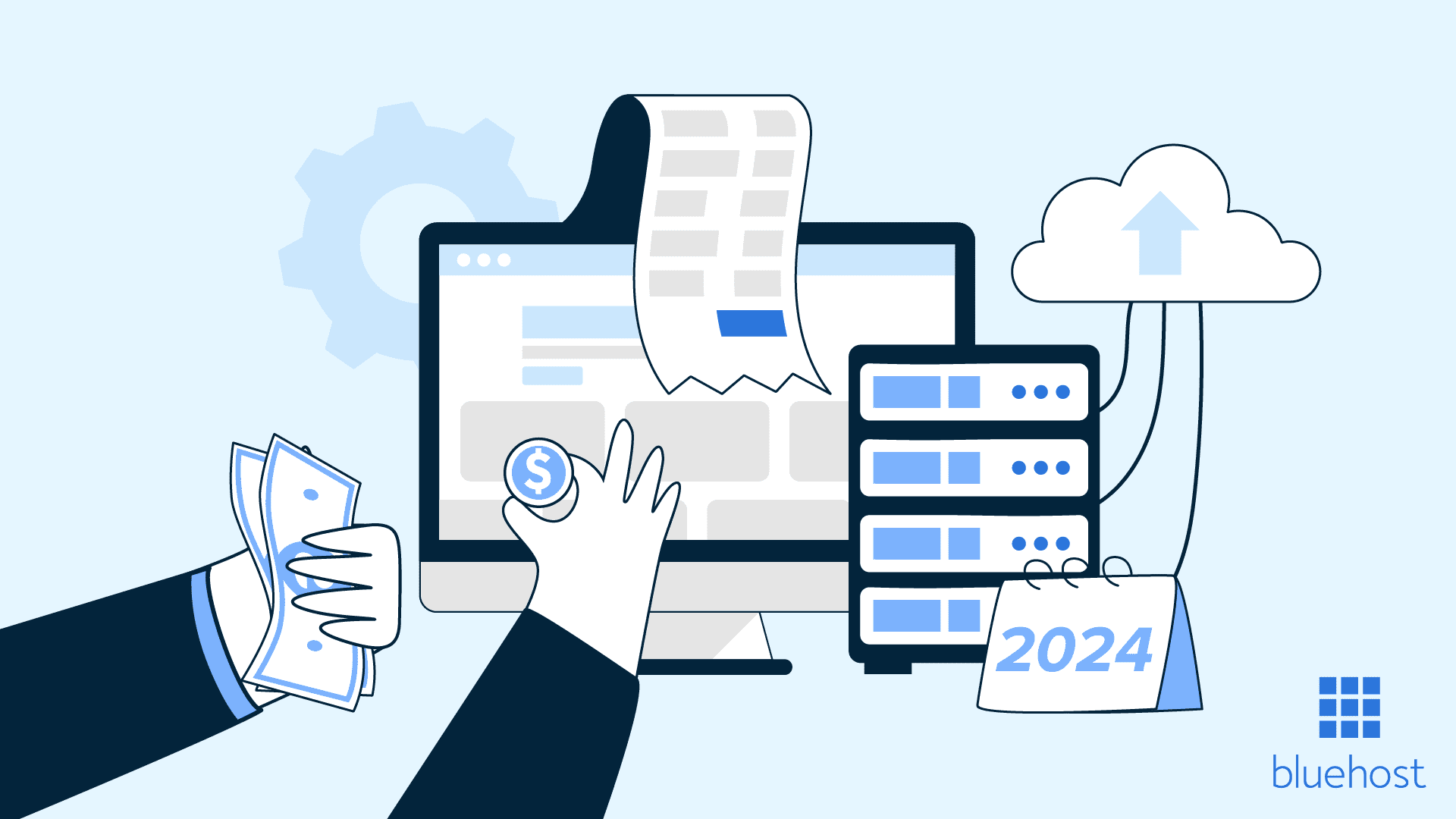Marketing your ecommerce business via multiple channels and platforms will get you more visibility, boost website traffic and drive revenue. Facebook is an excellent platform for ecommerce businesses to showcase their products, reach their target audience and build a social community of existing and potential customers.
Today, Facebook isn’t just seen as a place for people to build personal networks. It’s a platform that connects businesses with customers, and even potential customers with existing customers to know more about a business through reviews, comments and suggestions.
Marketing an ecommerce business is a hands-on job! You need to make your presence felt across platforms and reach your customers where they expect you to be or are potentially looking for the products or services you have to offer.
Once you successfully build your customized ecommerce website and powered it with the right WooCommerce Hosting plan, it’s time to connect your ecommerce business to Facebook.
Now let’s look at 7 tips that can help you leverage Facebook to sell more and do more.
Ecommerce Business X Facebook – 7 Tips to Sell More & Do More!
When you start building your ecommerce marketing strategy for Facebook, think like your customers. The product pictures, the descriptions, the ease of shopping – everything must be suited to your audience. Which means you need to start by knowing who your exact audience is, what they expect and how they interact with Facebook. You can always run Ads on Facebook, and extend your reach further, but there are some things you need to put effort into, to make those ads work.
Having said that, here are 7 tips to craft a strong and effective Facebook marketing strategy for your ecommerce business:
1. Understand Your Target Audience
Only when you know who you’re selling to will you be able to make a connection with them. Knowing who your audience is – gender, age, location, lifestyle – will help you craft your communication to better suit them. Additionally, knowing who your audience is, allows you to understand their pain points, demands, expectations and more. Facebook’s Audience Insights Tool allows you to really understand and know your audience.
2. Create a Business Page
You don’t want to use your personal Facebook profile to sell your ecommerce products – it’ll lack professionalism and will not allow you to build a brand identity. Additionally, business pages on Facebook come with tools and options to enhance your selling experience. Specify your business type, location, add information about your products, contact information and all other relevant information that will help potential customers know more about what you do and why they should do business with you. A brand logo and consistent brand campaigns and posts will build credibility and help people trust your ecommerce business.
3. Sell Directly Via Facebook
One of the reasons online shopping has boomed over the years is because more and more customers want easy, quick and fast shopping experiences. Allowing your customers to directly shop via Facebook, rather than asking them to go to your website and then continue shopping may dampen that quick and easy experience they desire. Once you connect your WooCommerce store to Facebook, you can easily allow customers to directly shop through Facebook, and you can easily track orders and inventory – it’s a win-win!
4. Create Strong Visuals
Strong and compelling visuals capture attention and demand to get noticed. Whether you’re creating static posts, videos or adding product images – make it a strong and compelling visual. Think about how your audience will engage with the post and make sure you capture every detail and highlight it. Don’t just try to promote, but also help inform, educate and help your audience through your posts. Additionally, make use of features like Facebook Live to directly connect with your audience and encourage them to engage with you through comments, shares, posts, contests or even content created by them.
5. Create a Posting Calendar and Stick to It
Being consistent is key to being successful. Create a calendar and note down how often and what kind of content you’re going to post. Create a healthy mix of promotional and informational content and prepare content in advance so there are no last-minute changes and delays. When you are consistent, your audience notices it too, and may even look forward to your next content. They will engage more, and you will be able to build a brand voice.
6. Use the Platform to Make Important Announcements and Launches
Another key to keeping your audience hooked is by making them feel important and well informed. Have a new product launching? Start talking about it. Have a sale coming up? Promote it in advance. Use the platform to generate curiosity and make your audience look forward to new products or announcements. You can create teasers, share exclusive discount codes, run contests and do so much more to hype upcoming events. This will build a community of people who follow and interact with you, rather than a bunch of people who just follow you for the sake of it.
7. Truly Engage with Your Audience
Social media platforms, including Facebook, prosper when there is true engagement. If someone comments, respond or react to it, if someone asks a question, answer, if someone shares a negative experience, try your best to help them, if someone creates content using your products, re-share it – engagement is continuous and must be a two-way street.
Tap Into the Power of Facebook to Market Your Ecommerce Business
Facebook is a powerful tool and expansive platform that can help your ecommerce business get noticed and build a strong base of customers. With consistent efforts and communication, and the right amount of promotional and informational content you can build a brand identity and sell more through Facebook.
When you sew these tips into your Facebook Marketing strategy, the ads you run will also perform better as people will be able to see your brand personality and connect with it. These tips will thus help you build a strong foundation and brand presence on Facebook, thus positively impacting all the paid efforts too.
For more tips on building and growing WordPress Ecommerce Websites, head to our WordPress Tutorials page.



Write A Comment